Horze Nevada 1200D Winter Horse Turnout Blanket, Heavyweight, 400g
Even in the worst winter weather, the Horze Nevada 1200D Heavyweight Winter Turnout Blanket will protect your horse and act as a barrier against the elements. Your horse will remain dry and warm beneath the strong 1200D ripstop shell of this superior blanket.
Even in the worst winter weather, the Horze Nevada 1200D Heavyweight Winter Turnout Blanket will protect your horse and act as a barrier against the elements. Your horse will remain dry and warm beneath the strong 1200D ripstop shell of this superior blanket. This turnout blanket offers a secure fit with double front closures, double cross surcingles, and adjustable leg straps. The large tail flap keeps this sturdy blanket in place in case of wind. This warm blanket is budget-friendly with functionality and value that can’t be matched.
- Waterproof, windproof, and breathable heavy-duty fabric makes this turnout blanket ideal for winter’s worst weather
- Secure front closure helps horses avoid drafts
- Double crossed surcingles keep the blanket in place
- A large tail flap designed to stay in place when winter’s winds kick up
- 3000mm/3000mvp waterproof shell keeps your horse dry
- Machine wash at 86 degrees with similar colors and air dry
- T-lock closure for security
- Durable ripstop polyester is entirely wind and waterproof
- 400g filling for unmatched warmth
- Perfect heavyweight protection for horses who spend most of their winter time outdoors
Additional information
| Closure Type | Buckle |
|---|---|
| Denier | 1200D |
| Features | Turnout Blanket |
| Horse Life Stage | All Life Stages |
| Insulation Material | Polyester |
| Lining Material | Polyester |
| Number Of Surcingles | 2 |
| Primary Material | Polyester |
| Manufacturer Part Number | 24571 |

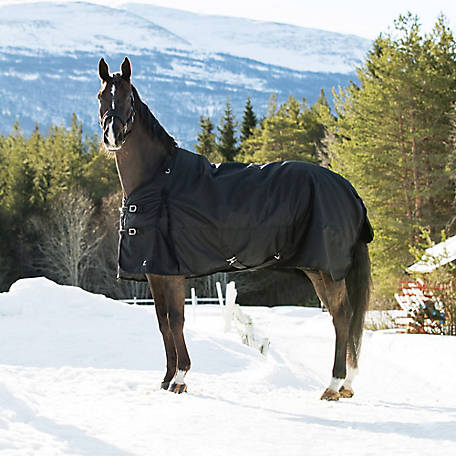
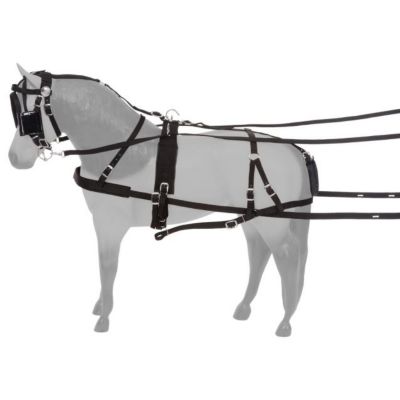
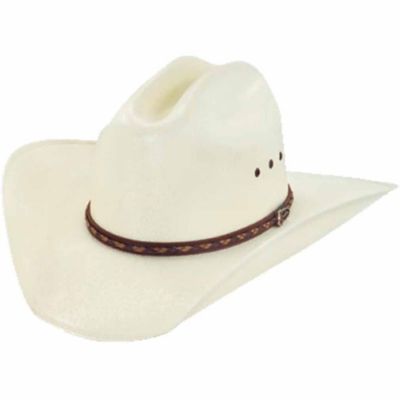
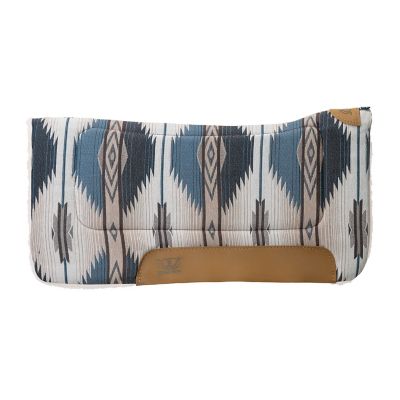
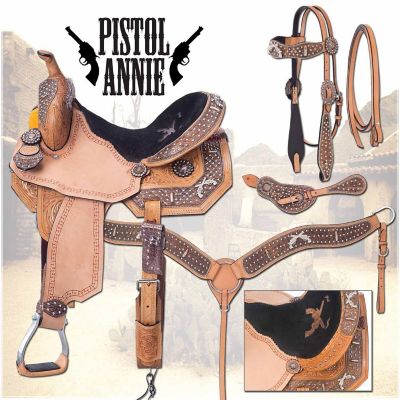
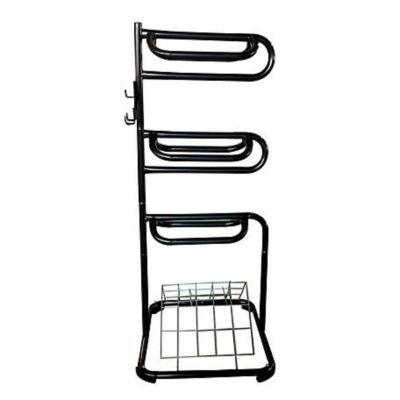
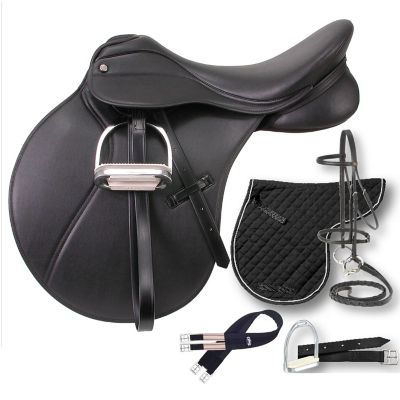
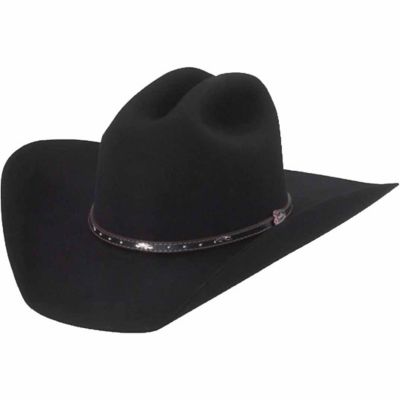
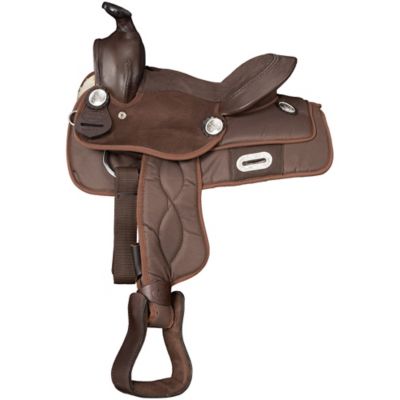
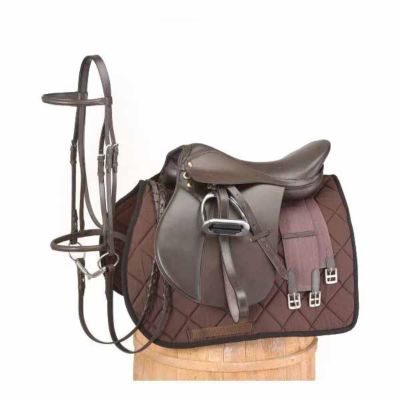
by Doer
Better than advertised, super well made. Worth the high price
by Chris
Shipped fast fit my horse great heavy duty for the cold Colorado winter
by Tom
I usually purchase Tough one snuggit blankets. This is just as high quality if not better. Very impressed.